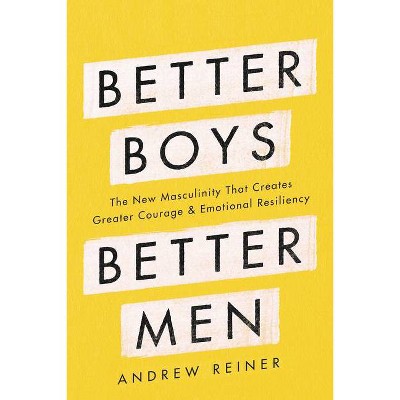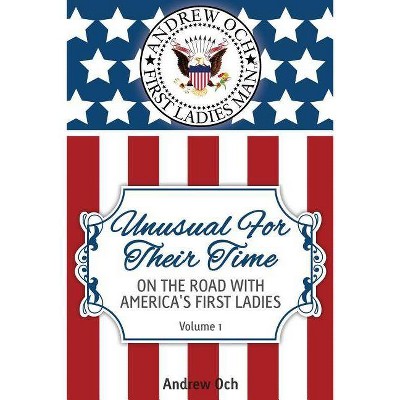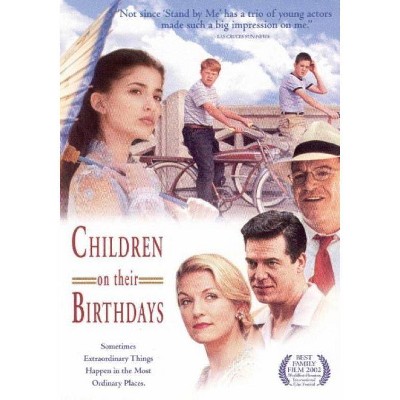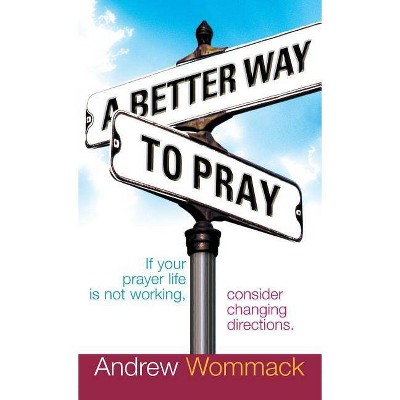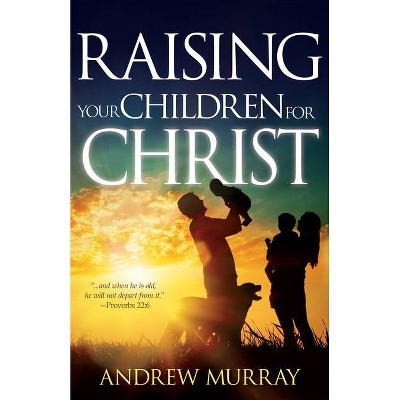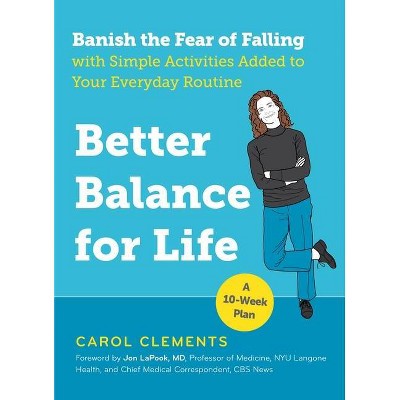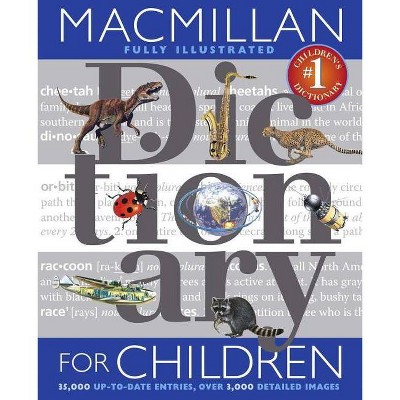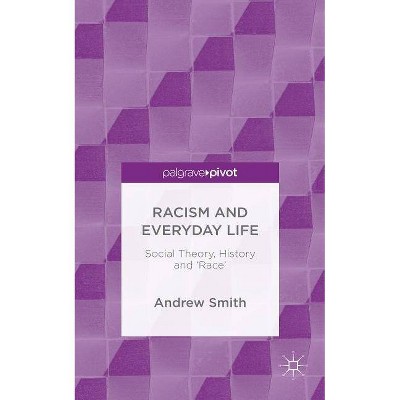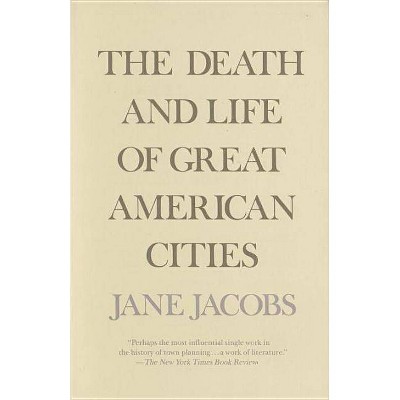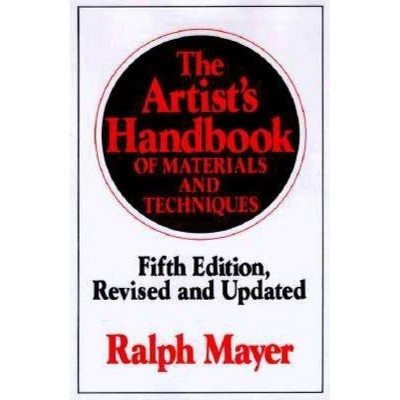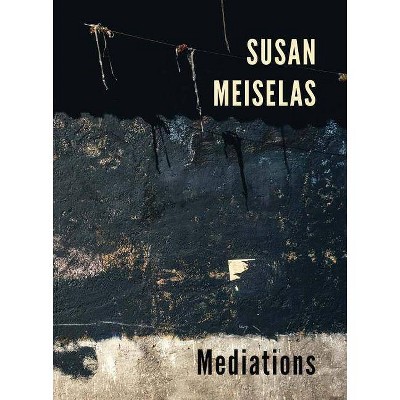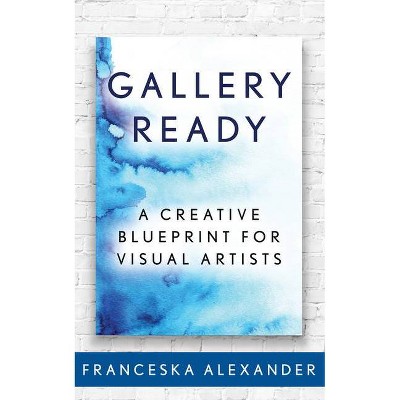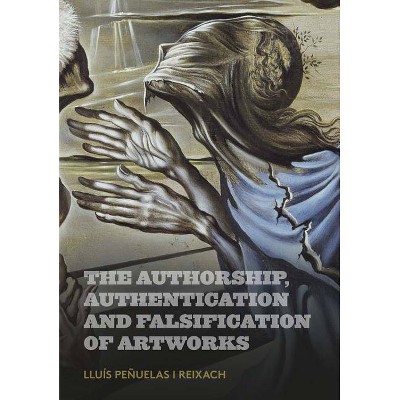A Better Life for Their Children - by Andrew Feiler (Hardcover)
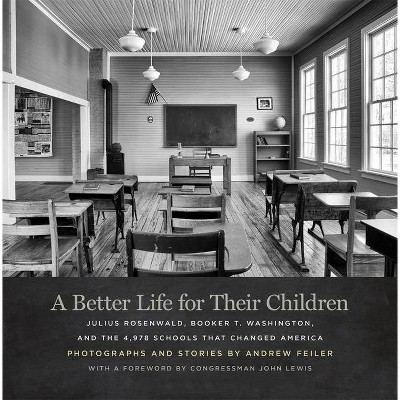
Similar Products
Products of same category from the store
AllProduct info
<p/><br></br><p><b> About the Book </b></p></br></br>"Born to Jewish immigrants, Julius Rosenwald rose to lead Sears, Roebuck & Company and turn it into the world's largest retailer. Born into slavery, Booker T. Washington became the founding principal of Tuskegee Institute. In 1912 the two men launched an ambitious program to partner with black communities across the segregated South to build public schools for African American children. This watershed moment in the history of philanthropy-one of the earliest collaborations between Jews and African Americans-drove dramatic improvement in African American educational attainment and fostered the generation who became the leaders and foot soldiers of the civil rights movement. Of the original 4,978 Rosenwald schools built between 1917 and 1937 across fifteen southern and border states, only about 500 survive. While some have been repurposed and a handful remain active schools, many remain unrestored and at risk of collapse. To tell this story visually, Andrew Feiler drove more than twenty-five thousand miles, photographed 105 schools, and interviewed dozens of former students, teachers, preservationists, and community leaders in all fifteen of the program states. A Better Life for their Children includes eighty-five duotone images that capture interiors and exteriors, schools restored and yet-to-be restored, and portraits of people with unique, compelling connections to these schools. Brief narratives written by Feiler accompany each photograph, telling the stories of Rosenwald schools' connections to the Trail of Tears, the Great Migration, the Tuskegee Airmen, Brown v. Board of Education, embezzlement, murder, and more. Beyond the photographic documentation, A Better Life for Their Children includes essays from three prominent voices. Congressman John Lewis, who attended a Rosenwald school in Alabama, provides an introduction; preservationist Jeanne Cyriaque has penned a history of the Rosenwald program; and Brent Leggs, director of African American Cultural Heritage at the National Trust for Historic Preservation, has written a plea for preservation that serves as an afterword"--<p/><br></br><p><b> Book Synopsis </b></p></br></br><p><b>A Sarah Mills Hodge Fund publication</b> <p/>Born to Jewish immigrants, Julius Rosenwald rose to lead Sears, Roebuck & Company and turn it into the world's largest retailer. Born into slavery, Booker T. Washington became the founding principal of Tuskegee Institute. In 1912 the two men launched an ambitious program to partner with black communities across the segregated South to build public schools for African American children. This watershed moment in the history of philanthropy--one of the earliest collaborations between Jews and African Americans--drove dramatic improvement in African American educational attainment and fostered the generation who became the leaders and foot soldiers of the civil rights movement. <p/>Of the original 4,978 Rosenwald schools built between 1917 and 1937 across fifteen southern and border states, only about 500 survive. While some have been repurposed and a handful remain active schools, many remain unrestored and at risk of collapse. To tell this story visually, Andrew Feiler drove more than twenty-five thousand miles, photographed 105 schools, and interviewed dozens of former students, teachers, preservationists, and community leaders in all fifteen of the program states. <p/><i>A Better Life for their Children</i> includes eighty-five duotone images that capture interiors and exteriors, schools restored and yet-to-be restored, and portraits of people with unique, compelling connections to these schools. Brief narratives written by Feiler accompany each photograph, telling the stories of Rosenwald schools' connections to the Trail of Tears, the Great Migration, the Tuskegee Airmen, <i>Brown v. Board of Education</i>, embezzlement, murder, and more. <p/>Beyond the photographic documentation, <i>A Better Life for Their Children</i> includes essays from three prominent voices. Congressman John Lewis, who attended a Rosenwald school in Alabama, provides an introduction; preservationist Jeanne Cyriaque has penned a history of the Rosenwald program; and Brent Leggs, director of African American Cultural Heritage at the National Trust for Historic Preservation, has written a plea for preservation that serves as an afterword.</p><p/><br></br><p><b> Review Quotes </b></p></br></br><br>Between photos, he weaves stories of the Rosenwald School program brought to light through historical research and interviews during his travels.--Chris Moody "Chapter 16 "<br><br><p>Andrew Feiler's photographs and stories bring us into the heart of the passion for education in black communities: the passion of teachers who taught multiple grades and dozens of students in a single classroom; the passion of parents and neighbors who helped to raise the money to build our schools and then each year continued to reach deep to purchase school supplies; the <br>passion of students like me who craved learning, worked hard, and read as many books as we could put our hands on.</p>--Congressman John Lewis<br><br>Andrew Feiler's crisp and sumptuous images of those schools and their prominent alumni, as they are now, provide us precisely what those teachers provided their students: the opportunity and the inspiration to imagine the excitement that rippled when young intellects connected, when fear flew away, when self-respect filled the void. Through Feiler's eyes and his words, we can see all the good that has come from the resistance that was nurtured inside these community wombs.--Hank Klibanoff, coauthor of The Race Beat: The Press, the Civil Rights Struggle, and the Awakening of a Nation, winner of the Pulitzer Prize in History; and host of Buried Truths, winner of the Peabody and Robert F. Kennedy Awards<br><br>Andrew Feiler's photographs preserve an essential civil rights history with the inspiring story of the Rosenwald schools. And this history continued through the descendants of the schools and their creators, including the late John Lewis, Medgar Evers, and Maya Angelou. At a time when racial inequity in education remains a scourge, Feiler's book provides context and hope.--Jill Savitt, President and CEO, National Center for Civil and Human Rights<br><br>In luminous images and touching testimony from many who were rescued by education and aspiration from the worst of southern white racism, Andrew Feiler has captured the story of what may have been the most important campaign of personal philanthropy in twentieth-century America--an astounding effort that brought literacy and learning to hundreds of thousands of black children in the darkest days of Jim Crow segregation. <i>A Better Life</i> is also a revelatory window into the origins of the Jewish and African American partnership that for decades has advanced the struggle for civil rights in the United States.--Douglas A. Blackmon, author of Slavery by Another Name, winner of the Pulitzer Prize<br><br><i>A Better Life for Their Children</i> is a welcome addition to the growing literature on the inspiring legacy of the Rosenwald schools. By presenting us with austerely beautiful photographs, revealing portraits, and carefully collected histories, Andrew Feiler captures an important chapter in the American story, one that has been in danger of being lost.--Stephanie Deutsch "author of You Need a Schoolhouse: Booker T. Washington, Julius Rosenwald, and the Building of Schools for the Segregated South "<br><p/><br></br><p><b> About the Author </b></p></br></br>ANDREW FEILER, a fifth-generation Georgian, is an award-winning photographer whose work has been featured in museums, galleries, and magazines and is in a number of private collections. His photography is focused on the contemporary complexities of the American South. More of his photography can be seen at andrewfeiler.com.
Price History
Cheapest price in the interval: 24.99 on October 22, 2021
Most expensive price in the interval: 24.99 on December 20, 2021
Price Archive shows prices from various stores, lets you see history and find the cheapest. There is no actual sale on the website. For all support, inquiry and suggestion messages communication@pricearchive.us
